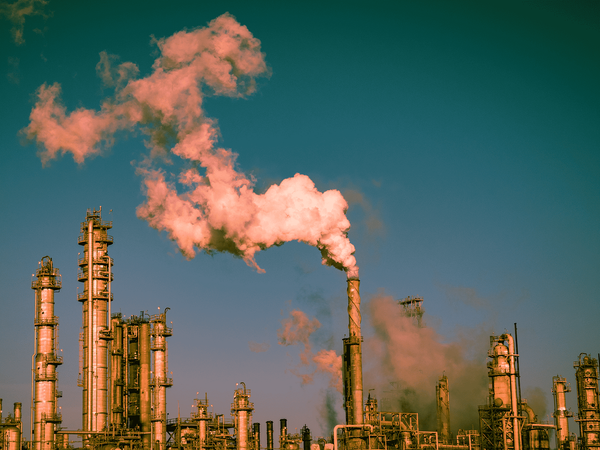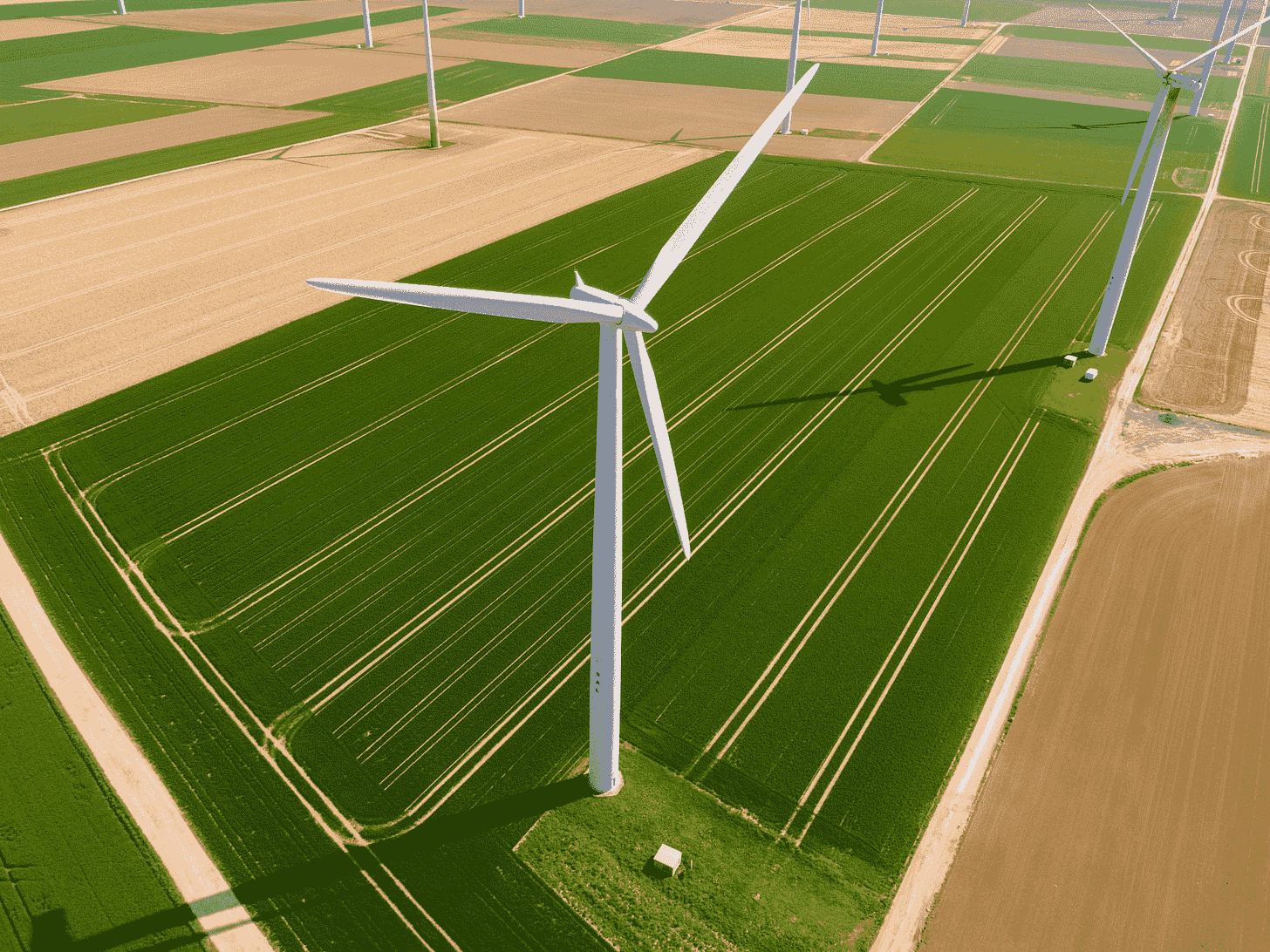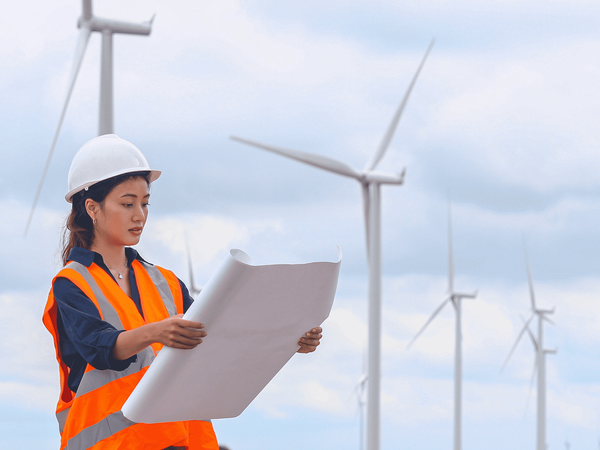Queen Elizabeth II's final prime minister Liz Truss vows net-zero

Britain’s new Prime Minister (PM), Ms Liz Truss, made little effort to impress green campaigners when she was a Secretary of State for the environment, food, and rural affairs from 2014 to 2016. She is also believed to have agreed to cut the department’s budget, which would have helped further enforcement of environmental regulations.
A poll organized by Onward indicates that 61% of the public is in favour of the net-zero target. However, new business and energy secretary, MP Jacob Rees-Mogg has publicly criticized the closure of coal power stations, blaming the move away from fossil fuels for high energy prices. Mr Rees-Mogg spoke of extracting “every last drop” of oil and gas from the North Sea.
Whether the PM agrees with Mr Rees-Mogg or whatever her personal views represent at the moment, as a newly elected PM, she is bound to be seen as largely interested in reaching net-zero, transiting toward clean energy, and bringing in bolder climate action.
The new PM, whomever it was going to be, would have inherited similarly difficult tasks— environmental crises, energy crises, inflation, and a war in Europe while Corona is still in the backbone.
Challenges
Energy Crisis has been an urgent topic in Europe since the Russian gas supply stopped. The power bills are forecast to rise to around £3,500 a year. The UK imported 4% of gas, 9% of oil, and 27% of coal of the country's usage in 2021— i.e, a combined value of £4.5 billion. Although it's a fairly small portion compared to other countries in Europe, the country still faces the danger of blackouts this winter and amid soaring energy prices.
Ms Truss’ priority in government will undoubtedly be to bring much-needed bill relief to households and businesses and the plan to secure the nation’s energy supply. This pressurizes Ms Truss to not only embrace home-grown energy sources but also be open-minded about renewable energies, such as solar and wind.
Inflation has gone up by 10% in the last 12 months, and the pound has fallen to the lowest level against the dollar since 1985. Economically, the UK hasn't done that well since Brexit compared to its European rivals. Then came Corona and war. Food prices continue to rise, with which Mrs. Truss will only face pressure to change farm subsidies that would nurture soils and deliver environmental benefits alongside their food production. The task is huge, as to recognize that the health of the economy, and people’s well-being, are directly and indirectly linked to the environment and climate change.
Climate Change has already caused three heat waves in the UK this summer. As the chief secretary to the Treasury of former Prime Minister Theresa May, Ms Truss had opposed the 2050 net-zero target and the UK's hosting of COP26. However, she was pro-environment during her campaign, which raised many eyes. The UK still holds the UN climate presidency until COP27 on November 6 this year.
Until then, Truss’ government will immediately face pressure from developing countries to offer up finance to fight against climate change. While besides this workload, the UK government has to submit to the high court an updated and satisfactory version of its strategy for reaching net-zero emissions by 2050 in March next year.
Plan
Yesterday, the new PM unveiled a £150 billion plan to cap soaring energy bills. Here’s what we know so far about Ms Truss’ commitments on climate change and the current energy crisis.
- Pledged to “double down” on the UK’s target to reach net-zero emissions by 2050.
- Household energy bills will be capped at £2,500 per year for the next two years. However, businesses and public and private organizations will be offered an equivalent guarantee for only six months.
- Lift the ban on fracking and hand out more than 100 new oil and gas drilling licences in the North Sea as part of an effort to ramp up the UK’s domestic energy supplies.
- New solar panels only on the roofs of buildings, not on agricultural land.
- Temporarily suspend the green energy levies that fund improving the energy efficiency of homes and businesses and research into renewable energies.
The death of the beloved Queen Elizabeth II will distract the public for a few days, and this will earn the new PM some time to revise her plans. However, soon people will come back to the reality of skyrocketing energy bills, rising inflation, and a destructive environment. PM Liz Truss is the new hope for Britain, and she has no choice but to set out a genuine long-term plan.
Summary
- Britain has chosen their New Prime Minister, just a few days before the Queen passed away
- Liz Truss won over Rishi Sunak with 57% of the members' vote
- Ms Truss faces the challenges of Energy crisis, Inflation, and Climate Change
- The new PM has pledged to “double down” on the UK’s target to reach net-zero emissions by 2050
Our heartiest condolences to the Royal family, British people, and people around the world whose lives were dearly touched by the British Royal family.



